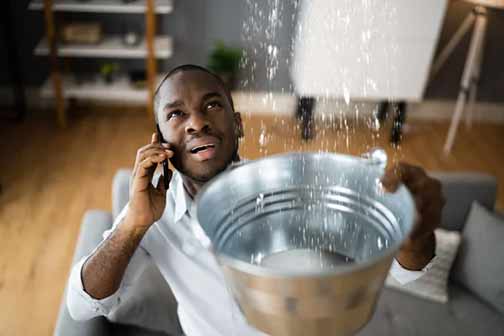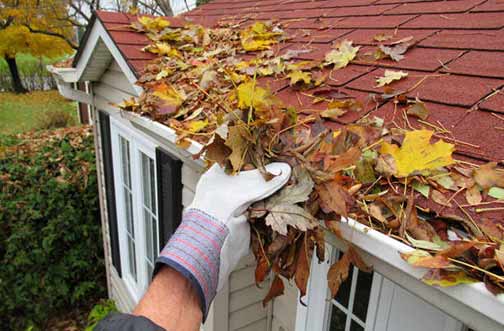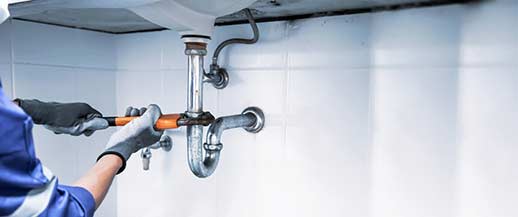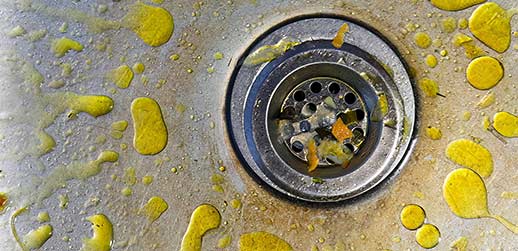
Water leaks can cause significant damage to properties if left unchecked. The importance of water leak prevention cannot be overstated, as it helps in maintaining the structural integrity of your property and avoiding costly repairs. By understanding the potential consequences of water leaks, property owners can take proactive measures to prevent them. Water leaks can lead to mold growth, structural damage, and increased utility bills. Therefore, taking preventive steps is essential to protect your investment and ensure a safe living environment.
Identifying Common Sources of Water Leaks
Water leaks can originate from various sources within a property. Some of the most common sources include:
- Plumbing fixtures such as faucets, sinks, and toilets
- Appliances like dishwashers, washing machines, and water heaters
- Roof leaks due to damaged shingles or flashing
- Foundation cracks and basement leaks
- External factors such as heavy rainfall and poor drainage
By identifying these common sources, property owners can focus their preventive efforts more effectively. Regularly checking these areas can help in early detection and timely intervention, preventing minor issues from escalating into major problems.
Regular Inspection and Maintenance
One of the most effective ways to prevent water leaks is through regular inspection and maintenance. Property owners should schedule routine checks of plumbing systems, appliances, and roofing. Inspections should include:
- Checking for visible signs of leaks, such as water stains or damp spots
- Inspecting plumbing fixtures and appliances for wear and tear
- Examining the roof for damaged shingles or flashing
- Checking the foundation for cracks or signs of water seepage
Regular maintenance helps in identifying potential issues before they escalate into major problems. Additionally, property owners should consider hiring professionals for thorough leak detection service at least once a year. Professional inspections can uncover hidden issues that may not be visible during routine checks.
Installing Water Leak Detection Systems
Water leak detection systems are an invaluable tool for property owners. These systems can detect leaks early and alert property owners to take immediate action. There are various types of water leak detection systems available, including:
- Standalone leak detectors that can be placed near potential leak sources
- Smart leak detectors that connect to home automation systems and send alerts to smartphones
- Whole-house leak detection systems that monitor the entire plumbing system
Investing in a water leak detection system can save property owners from extensive damage and costly repairs. These systems provide peace of mind by offering continuous monitoring and early warning, allowing for prompt intervention before significant damage occurs.
Proper Insulation and Weatherproofing
Proper insulation and weatherproofing play a crucial role in preventing water leaks. Insulating pipes, especially those in unheated areas, can prevent them from freezing and bursting during cold weather. Additionally, weatherproofing the property by sealing gaps and cracks in windows, doors, and walls can prevent water from entering the property during heavy rainfall. Property owners should also consider using weather-resistant materials for roofing and exterior walls to enhance protection against water infiltration.

Cleaning gutters and downspouts regularly ensures that water flows away from the property, preventing water accumulation and potential leaks.
Effective Drainage Systems
An effective drainage system is essential for preventing water accumulation around the property. Property owners should ensure that gutters and downspouts are clean and free from debris. Proper grading of the landscape can also help in directing water away from the foundation. Installing French drains or sump pumps can further enhance the drainage system and prevent water from seeping into the property. Regularly inspecting and maintaining drainage systems ensures that they function optimally and effectively manage water runoff.
Addressing Roof and Gutter Maintenance
Regular roof and gutter maintenance is vital for preventing water leaks. Property owners should inspect their roofs for damaged or missing shingles and repair them promptly. Cleaning gutters and downspouts regularly ensures that water flows away from the property, preventing water accumulation and potential leaks. Additionally, property owners should check for signs of wear and tear in the roofing materials and address any issues immediately to prevent water infiltration.
Sealing and Caulking
Sealing and caulking are effective methods for preventing water leaks. Property owners should regularly inspect and seal gaps and cracks around windows, doors, and other entry points. Using high-quality caulking materials ensures a long-lasting seal that prevents water from entering the property. It is also essential to check and reseal areas prone to wear and tear, such as around bathtubs, showers, and sinks, to maintain a watertight barrier.
Understanding the Role of Landscaping
Landscaping can significantly impact water leak prevention. Property owners should ensure that the landscape is graded away from the foundation to prevent water accumulation. Planting vegetation that requires minimal watering and using mulch can also help in reducing water runoff. Additionally, installing proper drainage systems in the landscape can further prevent water from seeping into the property. Property owners should also avoid planting trees and shrubs too close to the foundation, as their roots can cause cracks and allow water to penetrate the property.
Responding to Water Leaks Promptly
Despite taking preventive measures, water leaks can still occur. It is crucial for property owners to respond promptly to any signs of water leaks. Immediate action can prevent further damage and reduce repair costs. Property owners should:
- Turn off the main water supply to stop the leak
- Contact a professional plumber to assess and repair the leak
- Remove any standing water to prevent further damage
- Dry and ventilate the affected area to prevent mold growth
Acting quickly ensures that the damage is minimized and the affected area is restored to its original condition as soon as possible.

Property owners should inform tenants or family members about the importance of reporting any signs of leaks promptly.
Educating Occupants on Water Leak Prevention
Educating occupants about water leak prevention is essential for maintaining the integrity of the property. Property owners should inform tenants or family members about the importance of reporting any signs of leaks promptly. Providing guidelines on proper usage of plumbing fixtures and appliances can also help in preventing water leaks. Regularly reminding occupants to be vigilant and proactive in identifying and reporting potential leaks can significantly reduce the risk of water damage.
Creating a Water Leak Prevention Plan
Creating a comprehensive water leak prevention plan is an effective way to protect the property. The plan should include:
- Regular inspection and maintenance schedules
- Installation of water leak detection systems
- Proper insulation and weatherproofing measures
- Effective drainage systems
- Roof and gutter maintenance
- Sealing and caulking procedures
- Landscaping considerations
- Emergency response protocols for water leaks
Having a well-defined plan ensures that property owners are prepared to prevent and address water leaks effectively. The plan should be reviewed and updated regularly to incorporate new technologies and best practices in water leak prevention.
In Summary
Water leak prevention is a critical aspect of property maintenance. By understanding the importance of water leak prevention, identifying common sources, and implementing regular inspection and maintenance, property owners can protect their properties from extensive damage. Investing in water leak detection systems, proper insulation, effective drainage, and timely roof and gutter maintenance further enhances leak prevention efforts. Educating occupants and creating a comprehensive water leak prevention plan ensures that property owners are well-equipped to maintain the integrity of their properties and avoid costly repairs. Taking these proactive measures not only preserves the value of the property but also provides a safe and comfortable living environment for all occupants.

